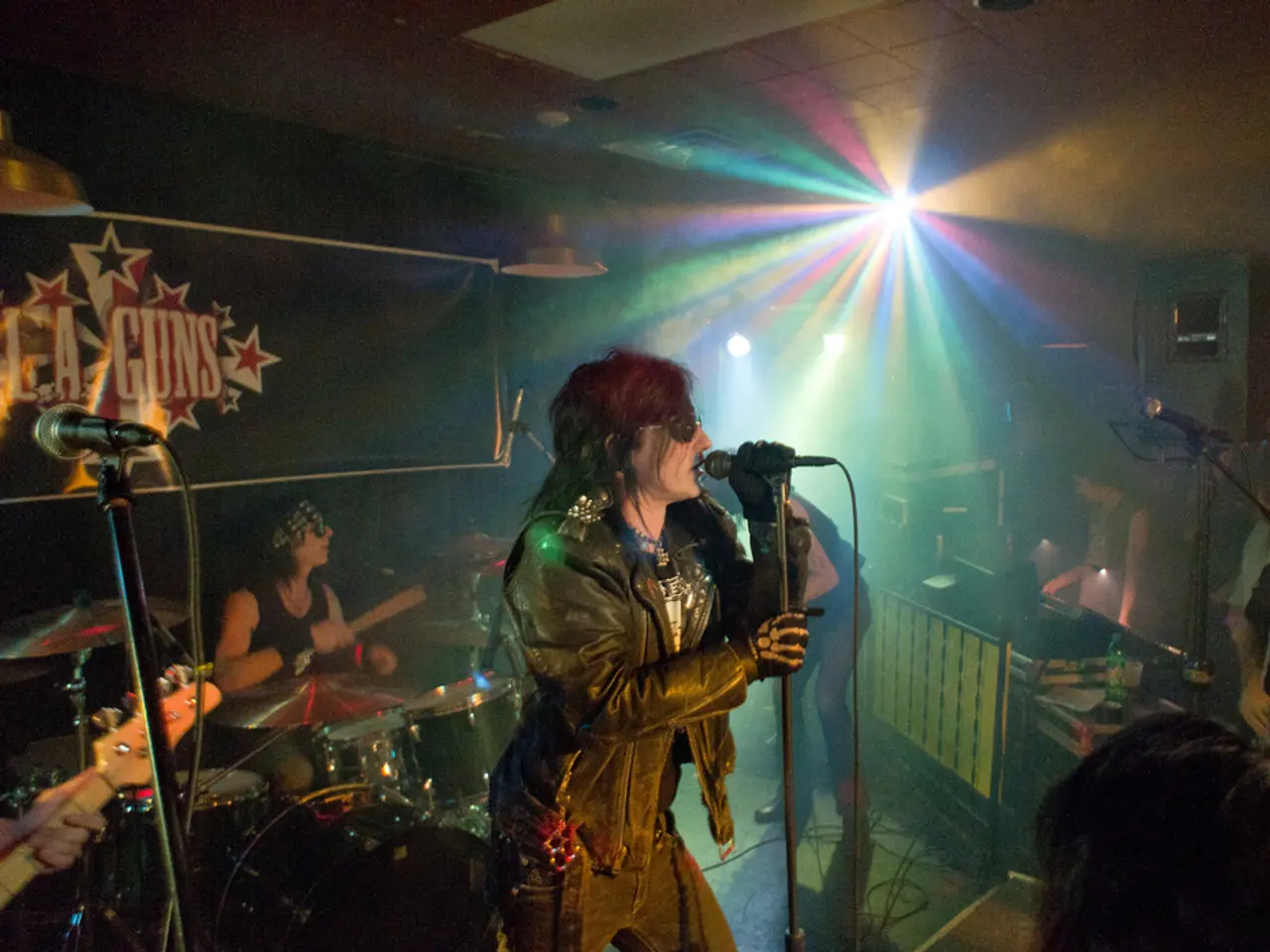Demand for a Radical Change or Transformation
In the heart of South Africa's apartheid era, Valmont Layne's musical preferences were shaped by a desire for connection and self-expression. As a teenager, he yearned for the thrill of dances, the chance to meet girls, and a soundtrack to accompany these experiences.
However, access to R&B music was a challenge during Valmont Layne's upbringing. The state controlled what was played on the radio, and most of it was not music that resonated with Black youth. Despite this, R&B, soul, reggae, and other Black music styles found their way into South Africa through underground channels and informal networks.
These musical genres offered a means of cultural expression that highlighted struggles against racial oppression and apartheid segregation. They provided a way for South African youth to assert their identity, inspire resistance, and connect with global Black struggles and movements, deepening their awareness and political engagement.
Valmont Layne grew up listening to music from outside South Africa, including British artist Linton Kwesi Johnson, who was particularly significant to him in 1985. He also listed Earth Wind & Fire, Bob Marley, The Whispers, and local artists like Margaret Singana and Brenda Fassie among his favourites.
Music acted as a vehicle for protest during this time, embedding political messages within lyrics and performance. It linked South African youth with wider diasporic Black identities and struggles, influencing how they perceived and confronted systems of oppression. In sum, Black music during apartheid was not just entertainment but a critical form of political education and mobilization for youth engaged in anti-apartheid activism.
The specific impact of R&B from Africa and the diaspora on South African political awareness is part of a broader historical and cultural study. It involves analysis of musical forms and their socio-political intent during apartheid and liberation movements.
Informal networks played a crucial role in providing Valmont Layne and others with access to a variety of music, including music from outside South Africa. DJs played music from these networks, providing access to music that was not encouraged but not banned. Getting access to music from outside was desirable, not just for its cachet and coolness, but for the political messages and cultural connections it offered.
In conclusion, Valmont Layne's musical tastes were not solely political, but he was exposed to more political music through Linton Kwesi Johnson and other artists. This exposure radicalized and shaped his political consciousness, providing him with a unique perspective on the struggles of Black youth during apartheid.
Valmont Layne's musical preferences expanded beyond entertainment, incorporating genres like R&B, soul, reggae, and local artists, which served as a strong catalyst for political awareness and resistance against apartheid. The accessibility of such music, acquired through informal networks and DJs, was not merely about trendiness but offered profound political messages and cultural connections that significantly shaped Layne's political consciousness.








